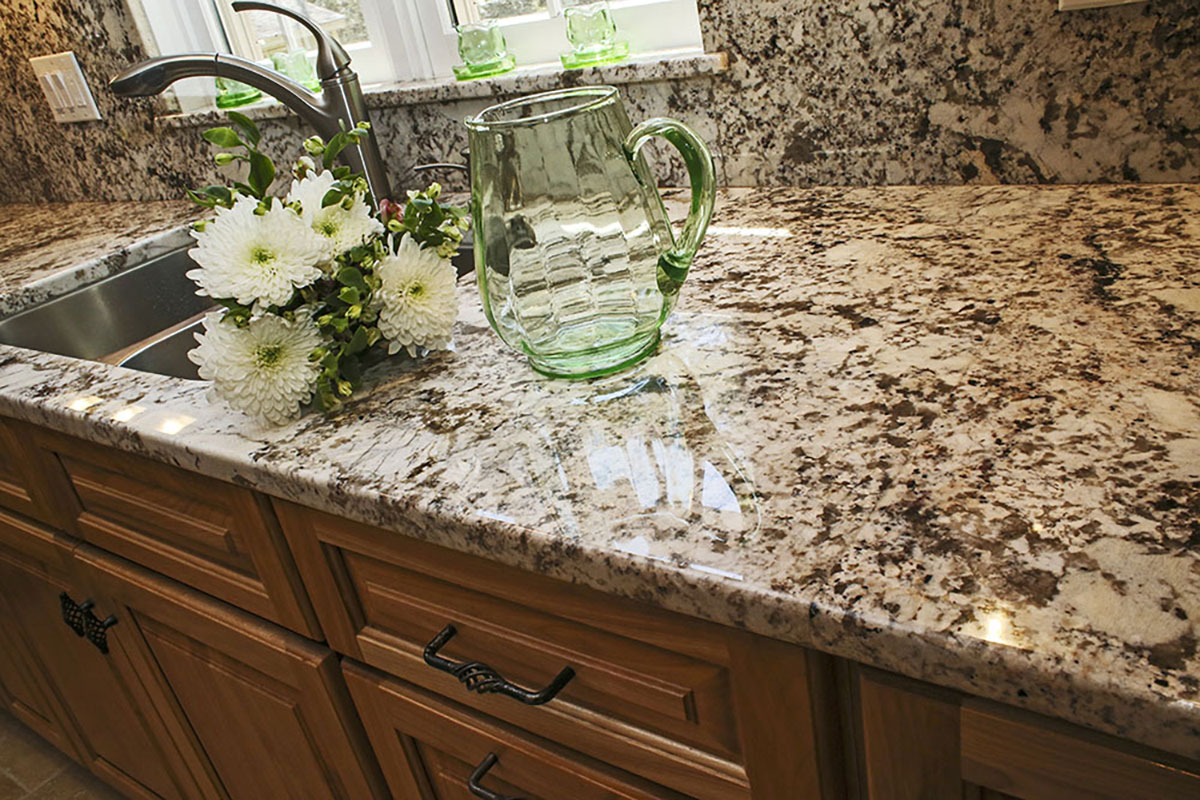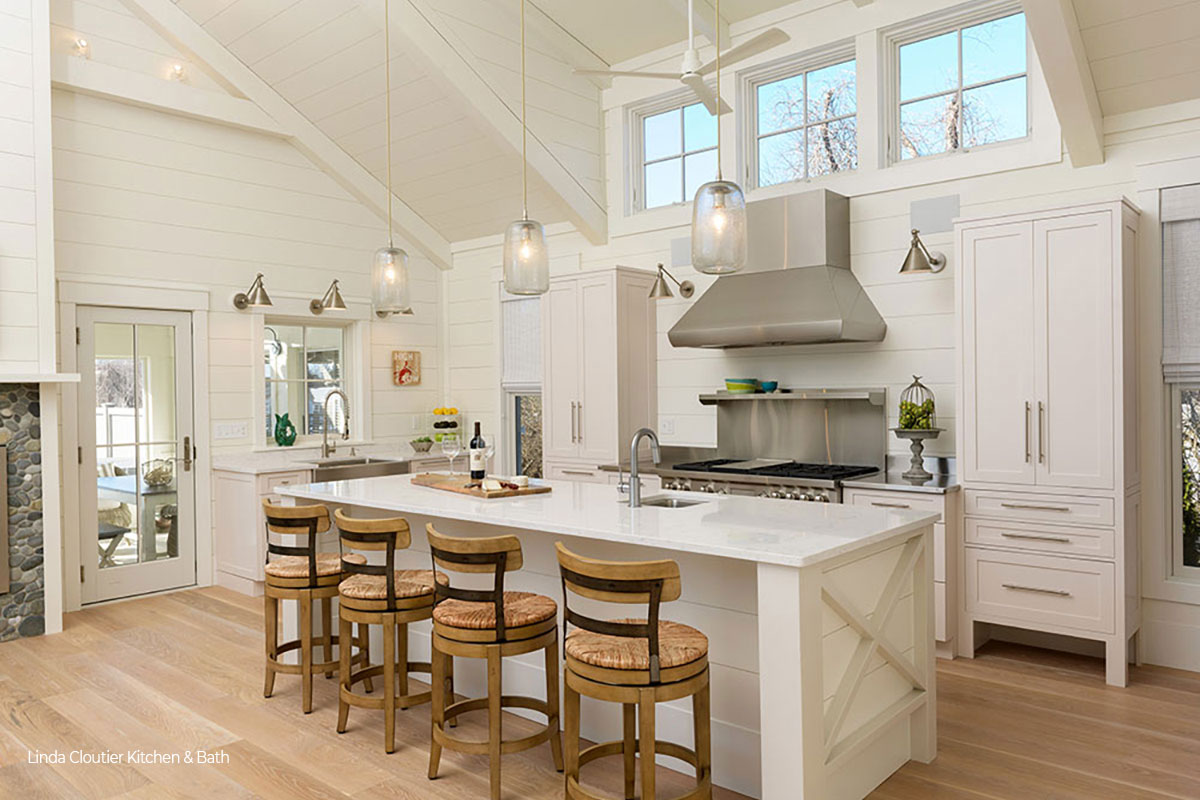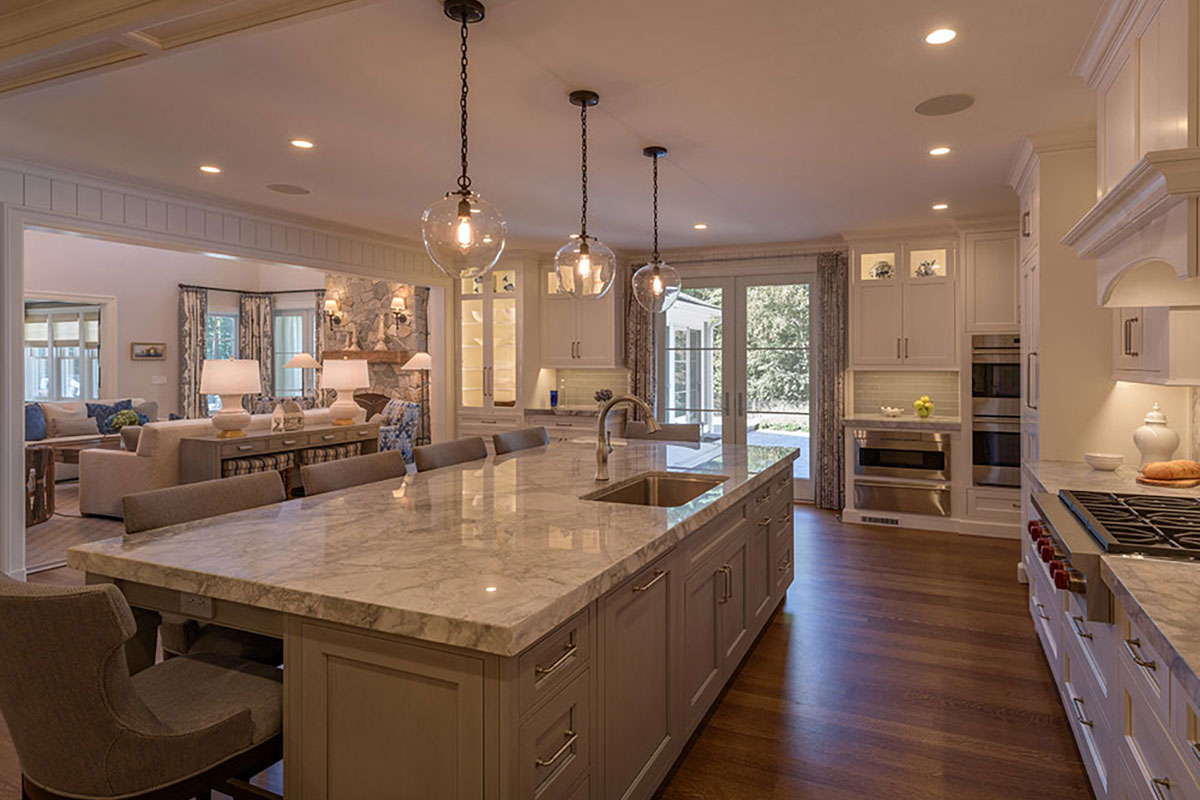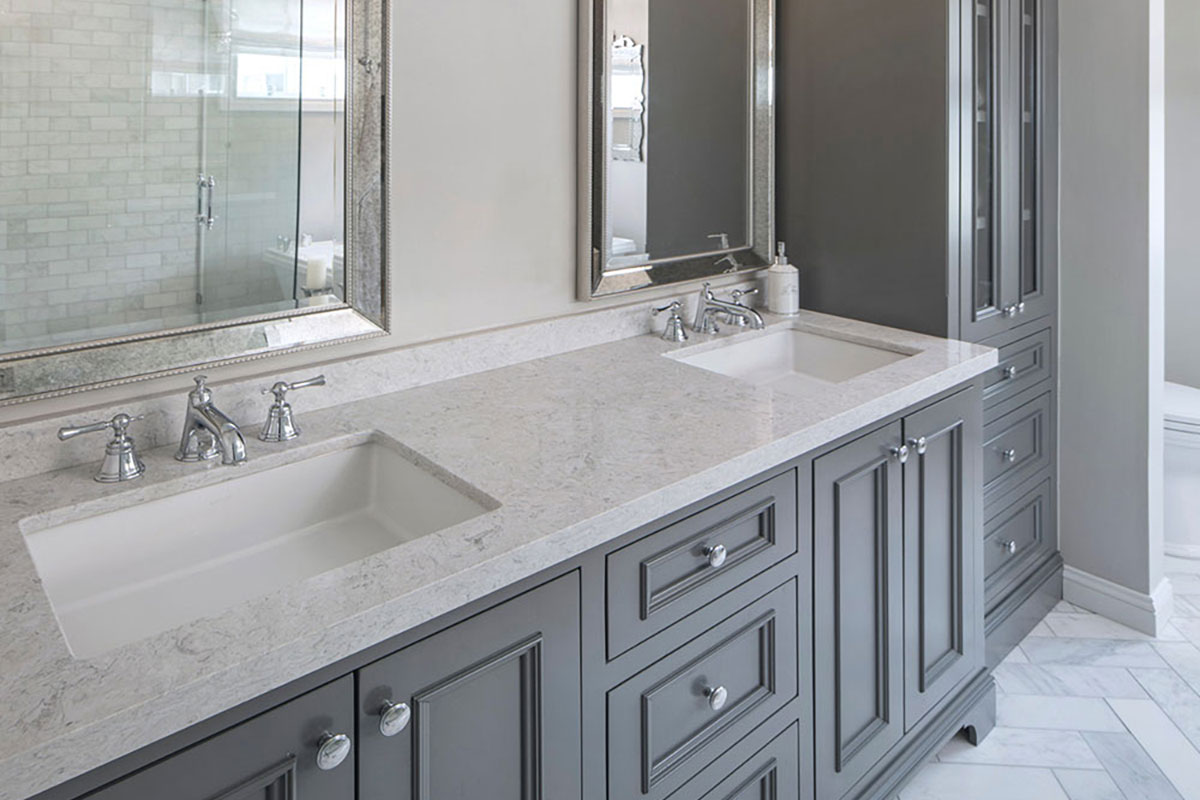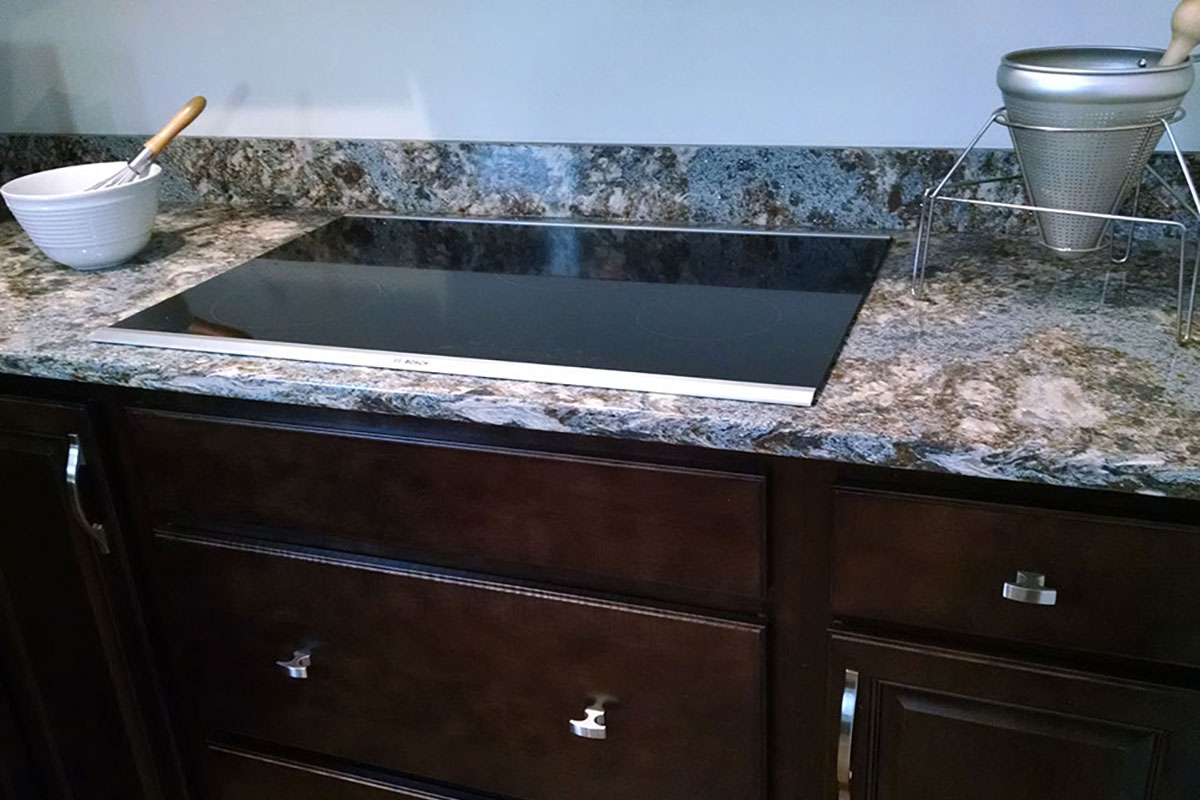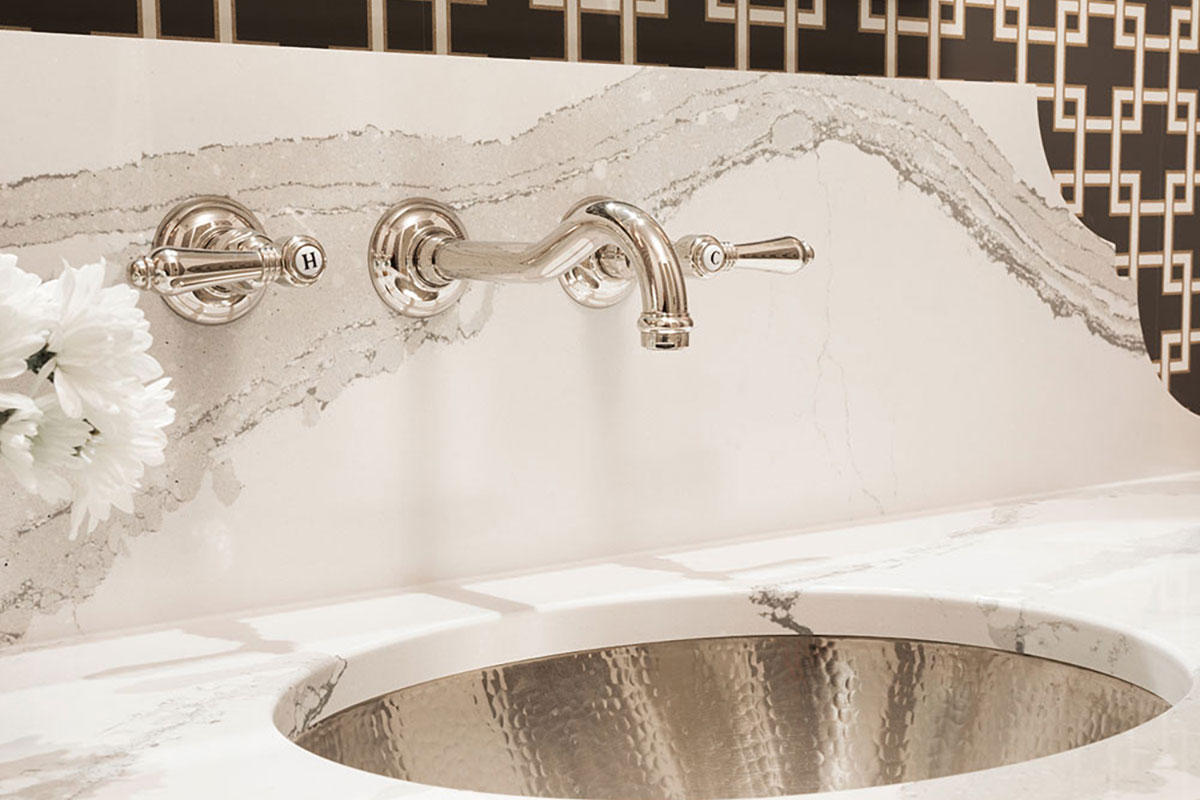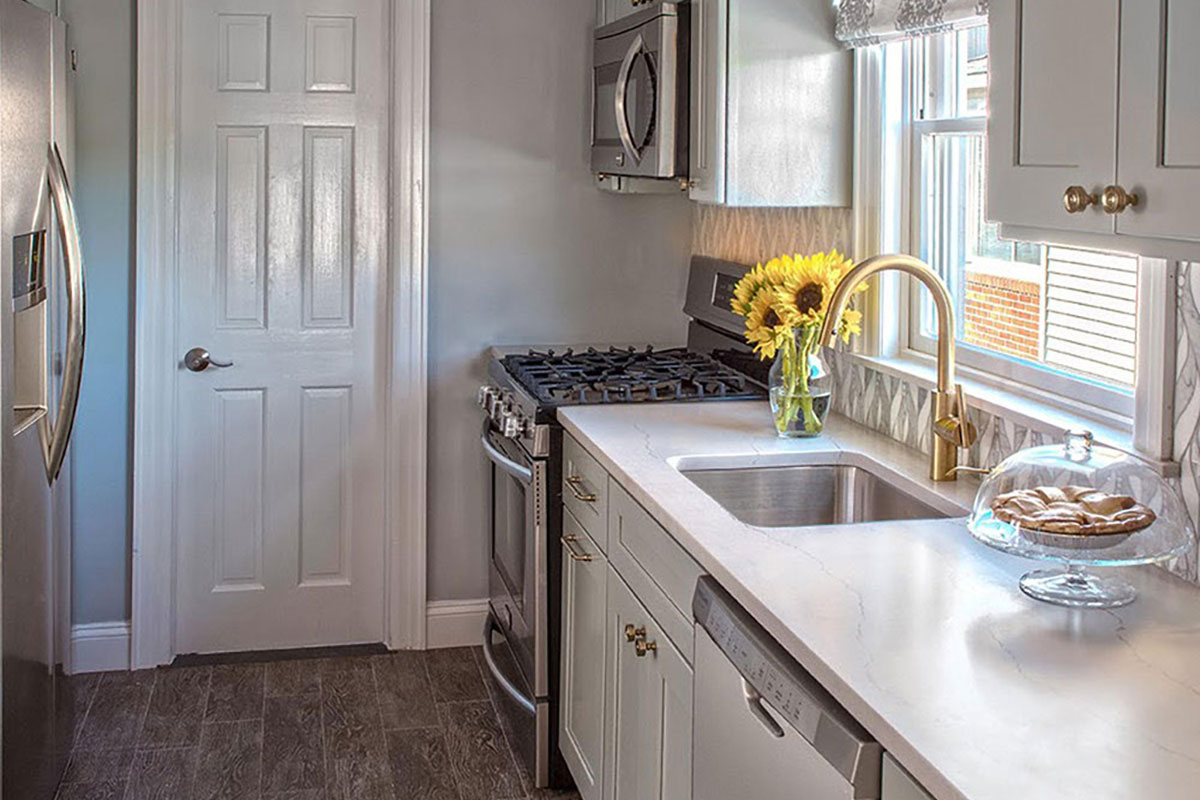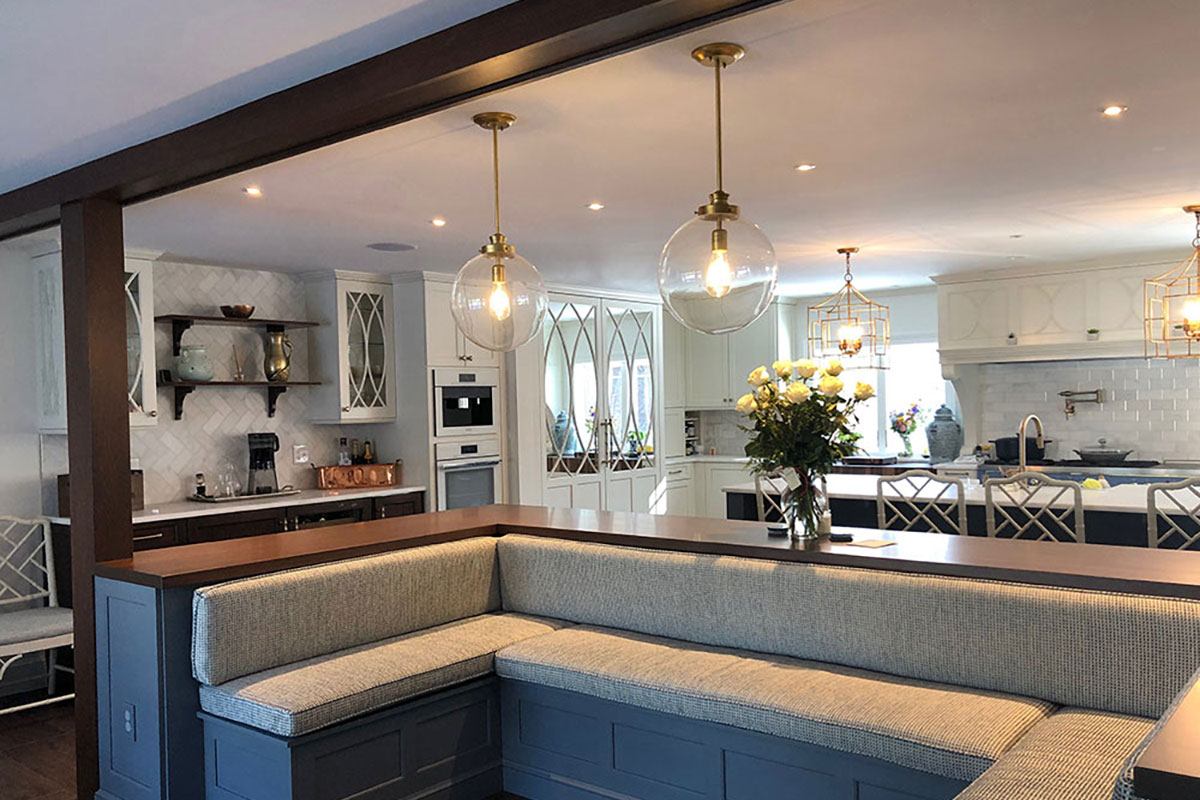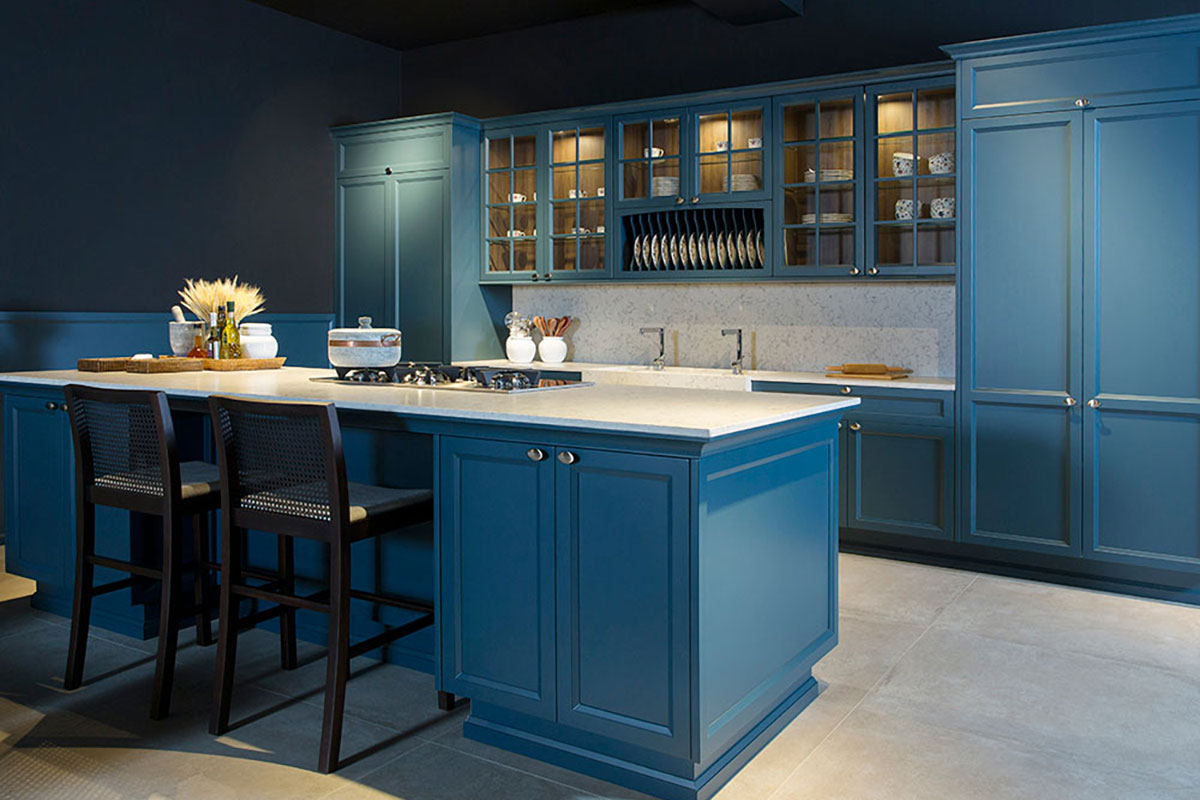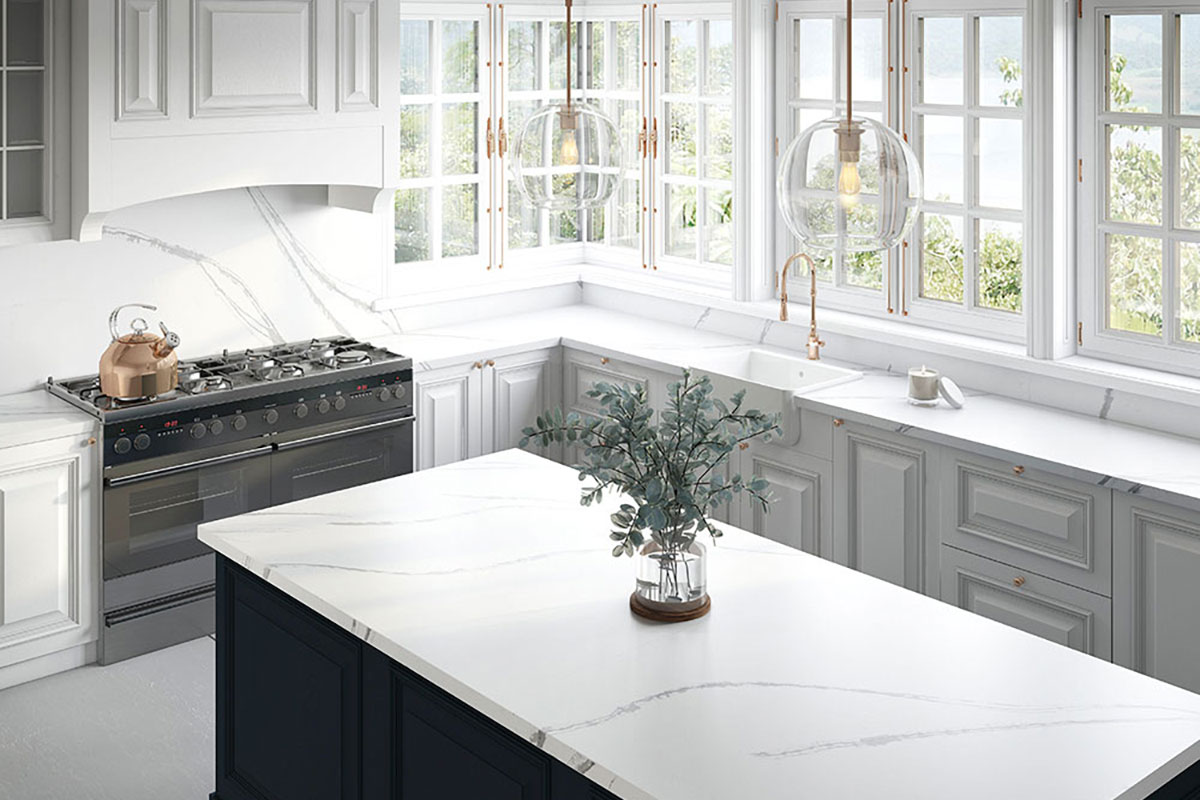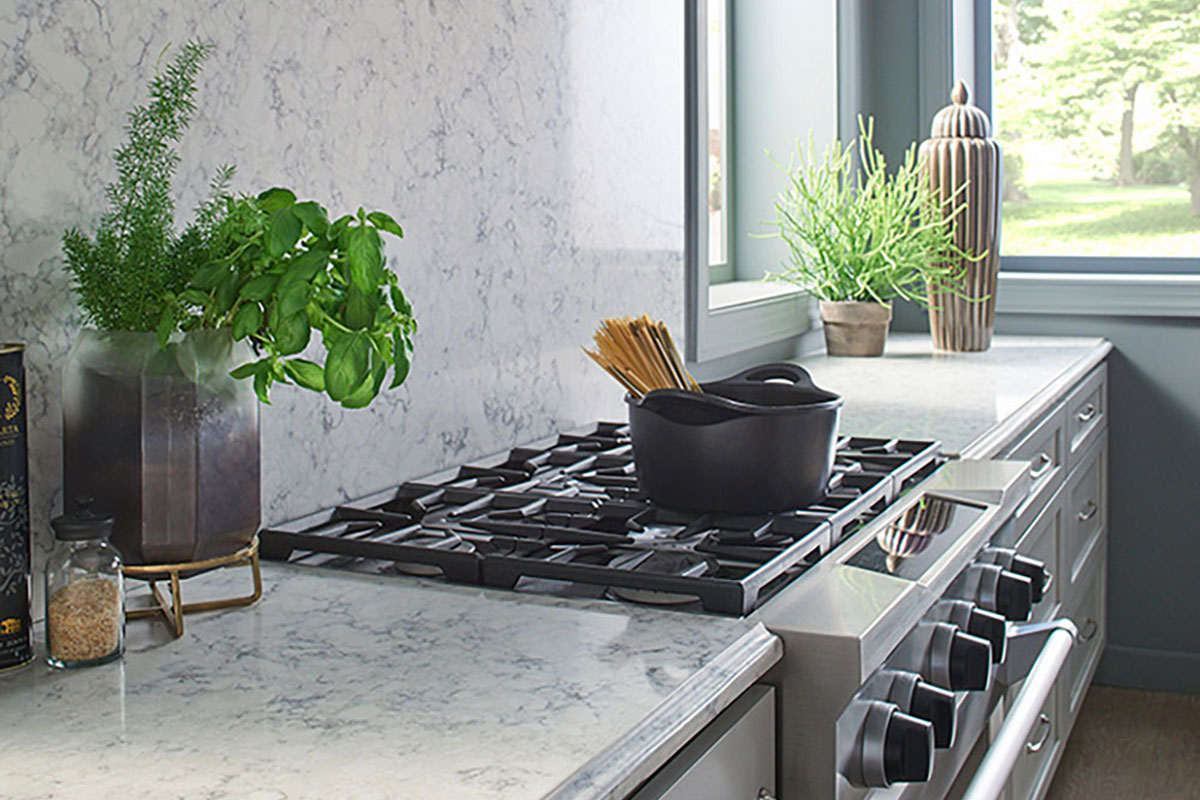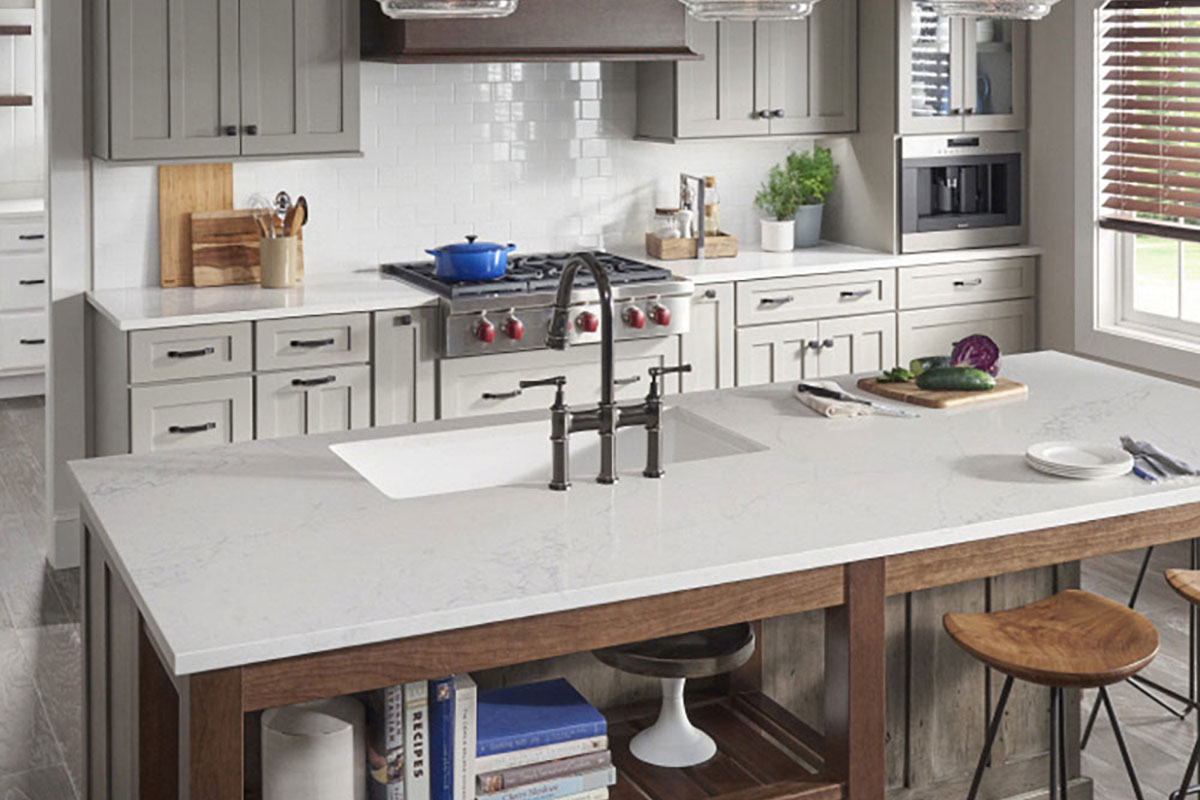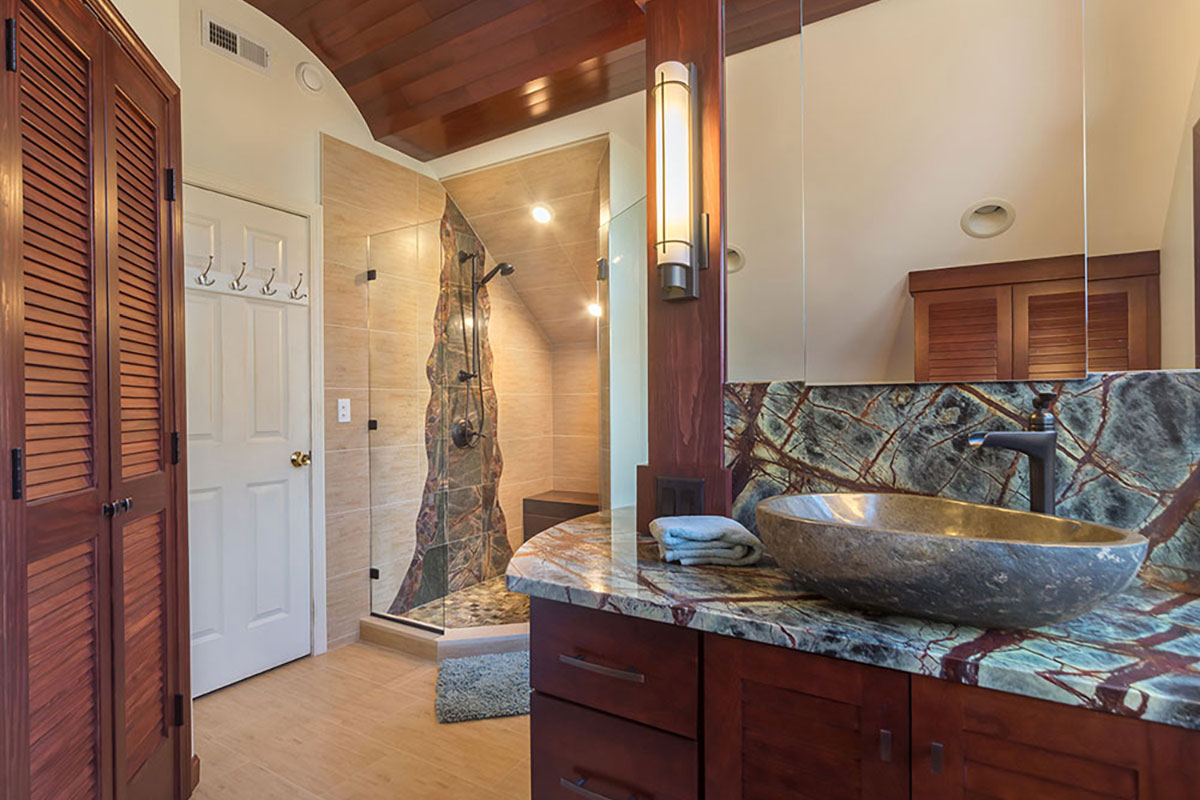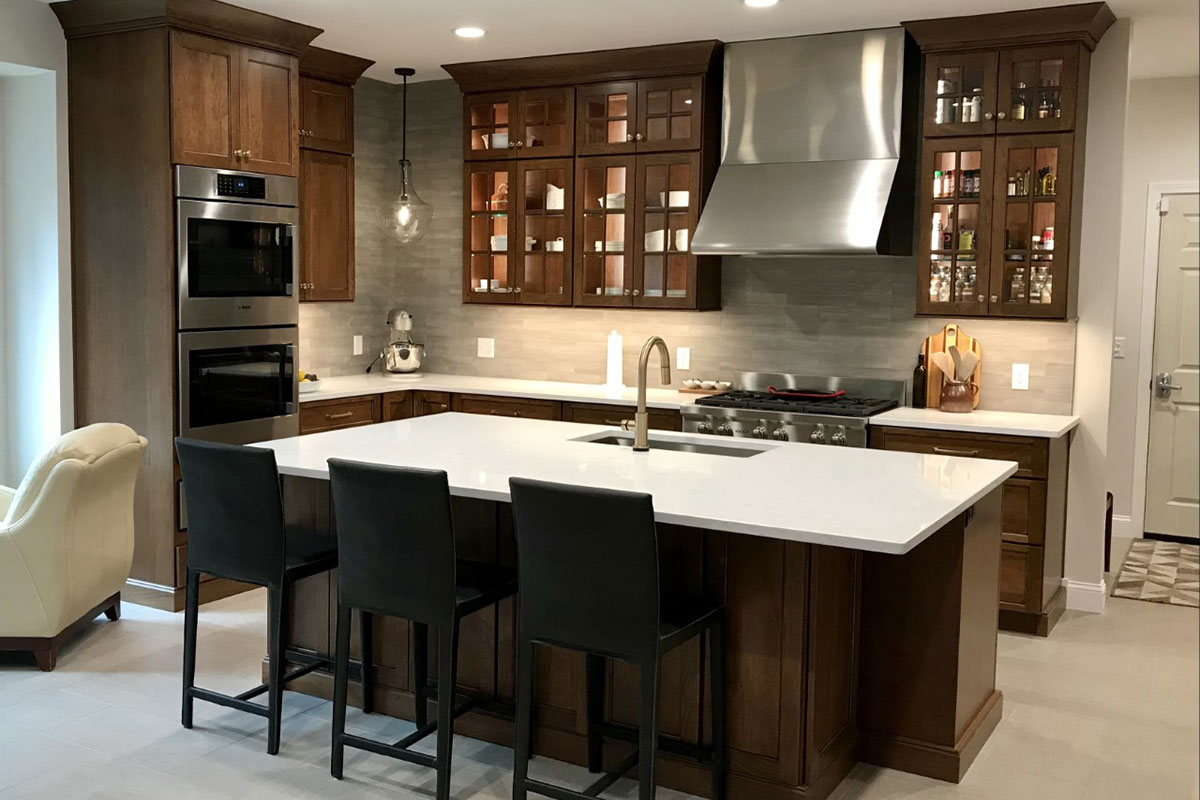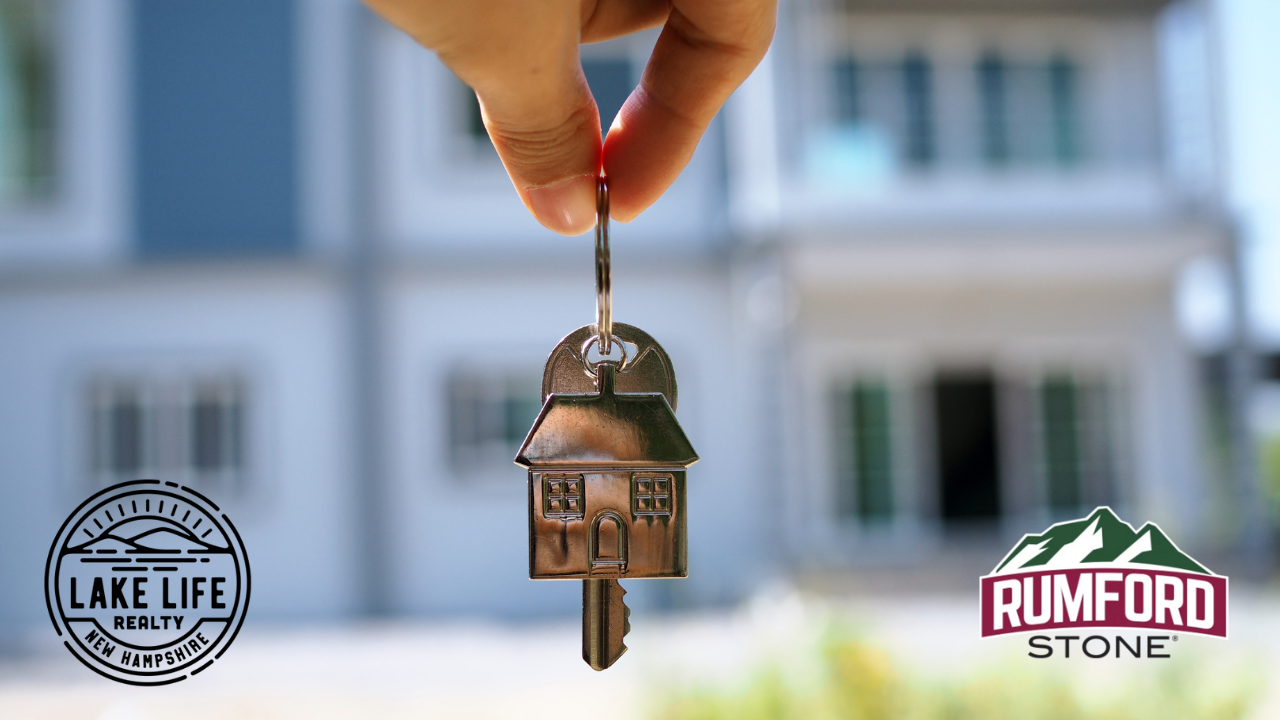
A Guide from Rumford Stone, with Insights from Lake Life Realty
Buying a home comes with a long list of to-dos, and a lot of questions. Rumford Stone partnered with the team at Lake Life Realty to break down the ten most searched new homeowner questions. From utilities to upgrades, this guide covers the basics you need to know as you get settled in.
-
How do I set up utilities?

Electricity, internet, water, trash pickup, and heating fuel are not transferred automatically when you buy a home. You will need to contact each utility provider before your closing date to open an account and schedule service to begin once you take ownership.
Before you close, ask the sellers which providers they used. This can help you avoid guesswork and may prevent delays, especially if a company requires access to the home or equipment installation. For services like propane, internet, or private trash removal, knowing the previous provider is often the fastest way to get connected.
In more rural areas, utility options may be limited, and appointment wait times can be longer. Calling early is the best way to make sure your services are active on day one.
-
How do I pay property taxes and homeowner’s insurance?
If your mortgage includes an escrow account, your lender will handle tax and insurance payments on your behalf. If not, the town will bill you directly for property taxes, and your insurance provider will invoice you separately.
A local insurance agent can help you find a policy that fits New England conditions. Factors like snow load, roof age, and rural access can all affect your coverage needs.
-
How do I maintain my home?

Maintenance depends on your home’s systems, materials, and location, but there are some region-specific tasks to expect. In New Hampshire, seasonal homeownership often includes:
- HVAC and boiler servicing before winter
- Gutter and roof checks in spring and fall
- Chimney cleanings and pellet stove maintenance
- Snow removal plans for driveways and entries
- Dehumidification or ventilation for basements and crawl spaces
If you’re unsure what to prioritize, consider hiring a licensed home inspector post-sale to walk you through your property’s needs.
It’s also worth doing your research before hiring service providers. Ask neighbors who they’ve hired and whether they had a good experience. Check local online forums or town Facebook groups for trusted names. The Better Business Bureau website can also be a helpful resource when comparing contractors or companies in your area.
-
What is my neighborhood like?
Neighborhood dynamics aren’t always obvious during a showing. Some communities are year-round and residential, while others may be primarily seasonal or recreational. Knowing whether your neighbors live there full-time or just for summer weekends can help set expectations about noise, road use, and community engagement.
Local social pages, town websites, and nearby events are useful for learning about what’s happening beyond your property line.
-
How do I secure my home?

Most homeowners use a mix of smart home devices and traditional security tools. Options include video doorbells, motion sensors, smart locks, and camera systems. Some homeowners prefer full-service alarm companies with 24/7 monitoring.
In colder climates, it’s also important to secure your home against freeze damage. Look into pipe sensors, automatic thermostats, and storm-rated windows.
-
How can I save on energy costs?
Energy efficiency is one of the most frequetnt new homeowner questions, especially during the colder months. Common upgrades include installing programmable or smart thermostats, adding weather stripping and insulation, switching to LED lighting, using high-efficiency appliances, and replacing old windows or adding interior storm panels. New Hampshire homeowners may also be eligible for rebates or energy audits through their utility provider, which can help identify areas where your home is losing energy and offer recommendations for improvements.
-
How do I budget for home expenses?
Owning a home means budgeting beyond your monthly mortgage. Be sure to include:
- Property taxes and homeowner’s insurance
- Heating fuel or electric bills
- Maintenance and repair costs
- Trash pickup, water, and sewer fees
- Septic, well, or HOA expenses
It’s smart to set aside an emergency fund for unexpected repairs and to track the lifespan of major systems like your roof, heating, and plumbing.
-
What is an HOA and what are its rules?
A Homeowners Association, or HOA, is a governing body that manages shared responsibilities in some neighborhoods. These responsibilities may include road maintenance, snow removal, landscaping for common areas, or access to amenities like clubhouses, docks, and tennis courts. Not all properties are part of an HOA, but for those that are, rules and fees can vary significantly.
Some HOAs are simple and limited in scope, handling just basic road upkeep or seasonal services. Others may have detailed guidelines that affect what homeowners can do with their property. This could include restrictions on fencing, exterior paint colors, building additions, or even driveway materials. There may also be procedures for requesting changes or submitting improvement plans to a board or committee.
It is important to read the HOA documents carefully before closing. These documents outline your obligations, the fee structure, and any limitations on property use. Understanding the expectations early can help you avoid future conflicts and ensure that the community structure aligns with your lifestyle.
-
What renovations or improvements should I make?

When planning renovations, it’s important to focus on updates that offer long-term value. Projects that improve both function and appearance tend to hold their worth over time, especially in key areas like kitchens and bathrooms. Installing stone countertops, tile backsplashes, or slab showers not only improves the look and feel of your space but also appeals to future buyers.
Other lasting upgrades include flooring replacements, modern lighting, and efficient storage solutions. Exterior improvements like new siding, updated windows, or a well-maintained entryway can also boost curb appeal and protect your investment.
Before you begin, check with your local building department. Permits are often required for electrical, plumbing, or structural changes, and even smaller projects like fences or sheds may need approval based on local zoning. By approaching renovations with a long-term mindset, you can make improvements that serve you now and continue to add value in the years ahead.
-
What’s my home’s resale value?
Resale value depends on multiple factors, including current market conditions, comparable listings, home updates, and the time of year. While your home doesn’t need to be perfect, basic improvements like curb appeal, updated surfaces, and well-maintained systems all make a difference.
It’s smart to treat maintenance and cosmetic upgrades as part of a long-term plan. That way, when you’re ready to sell, your home is in strong condition and ready for the next buyer.
Final Thoughts
Whether you’re new to homeownership or just new to the region, it’s normal to have questions. At Rumford Stone, we believe great homes start with great information—and smart planning. By collaborating with professionals like Lake Life Realty, we’re committed to making the transition into homeownership as smooth as possible.
If you’re planning a renovation or thinking about long-term upgrades, Rumford Stone is here to help you choose materials and surfaces that match both your lifestyle and your goals. For more information about Lake Life Realty, please click here.





